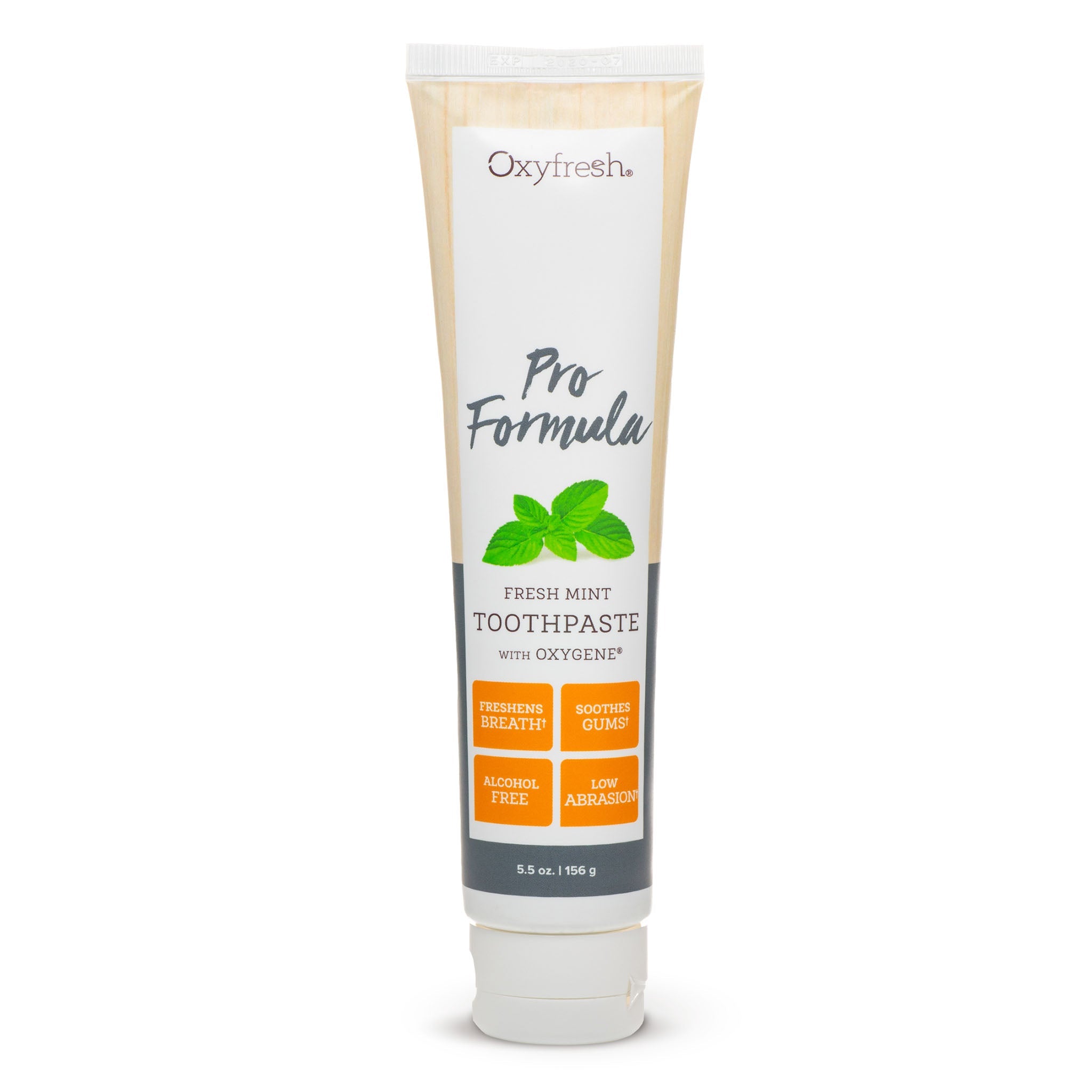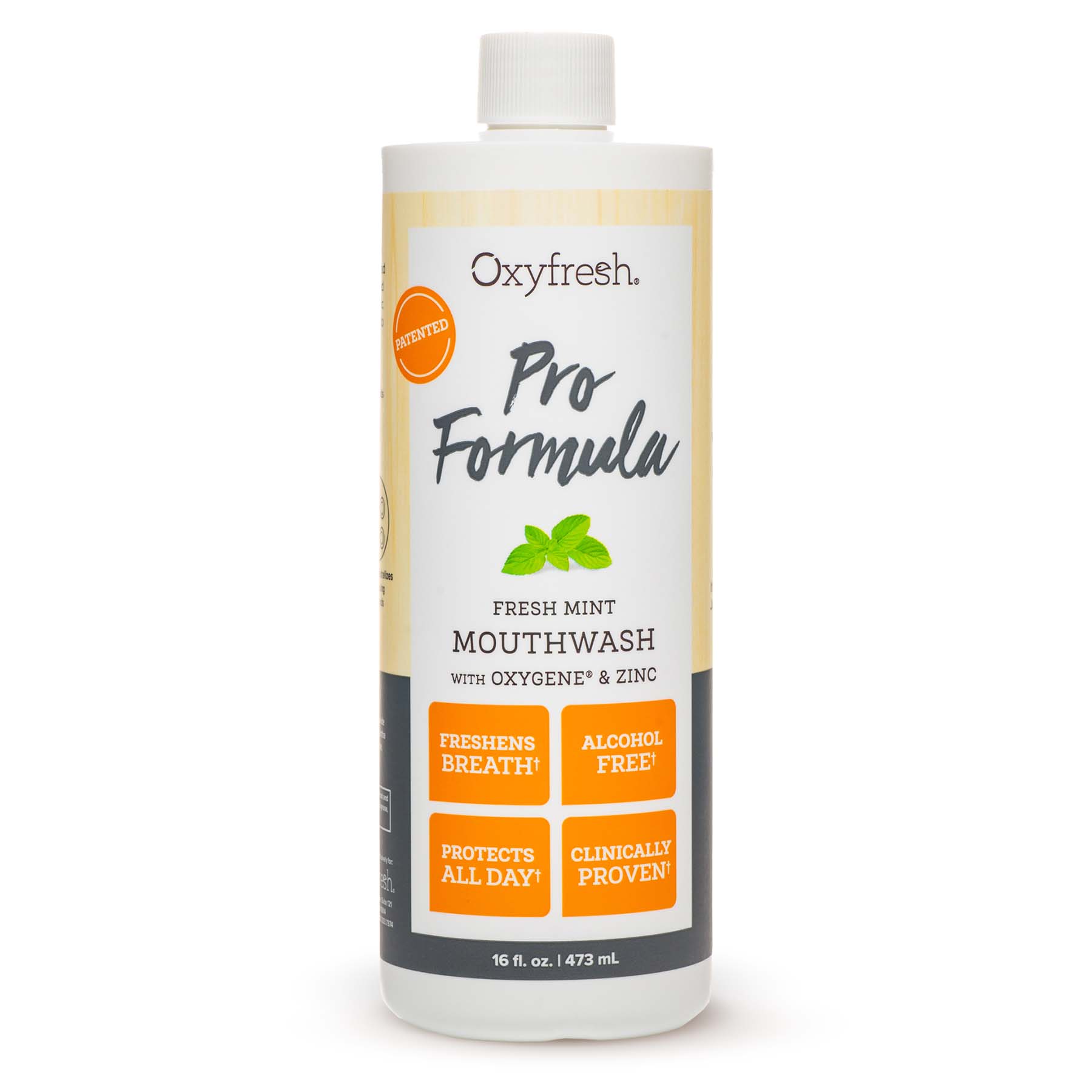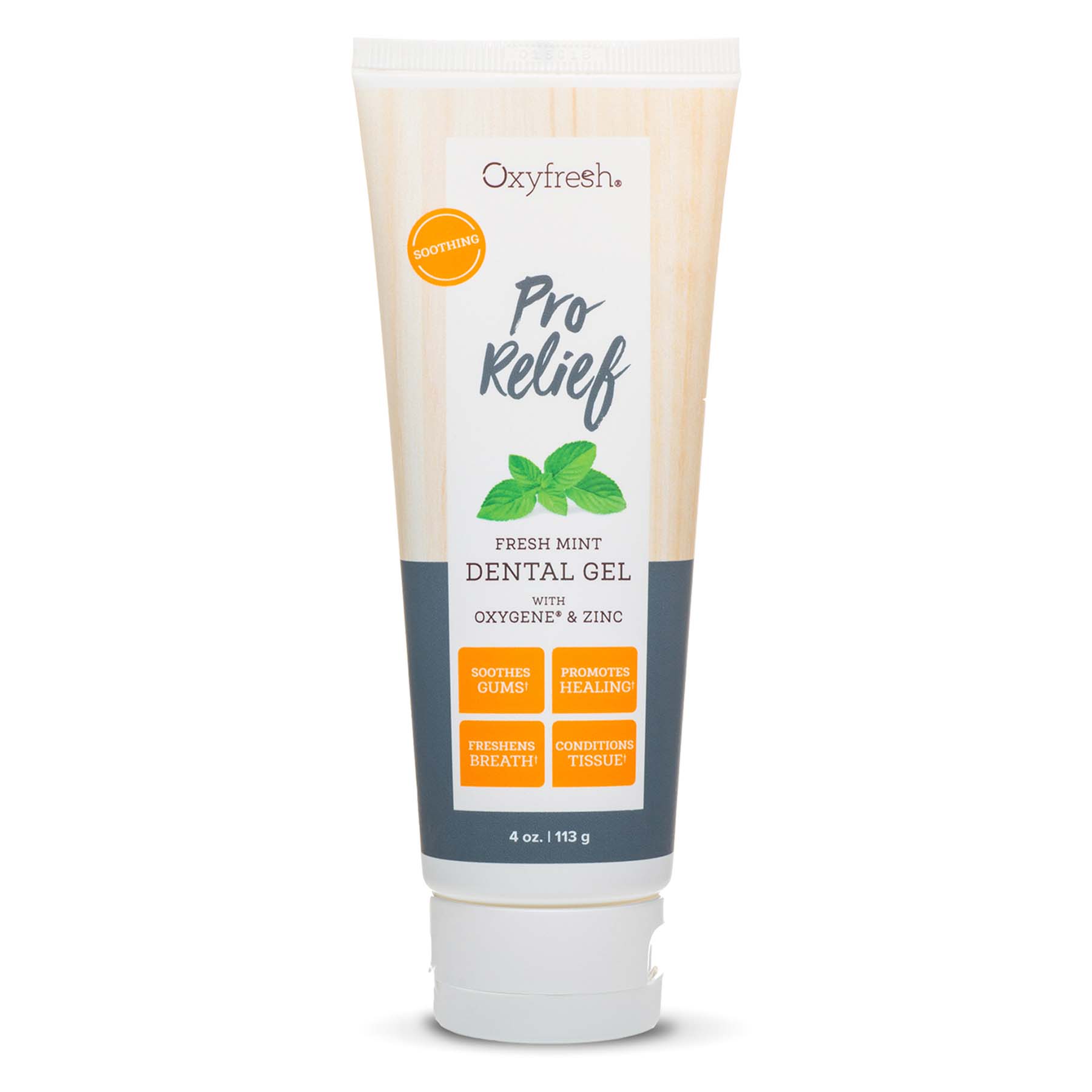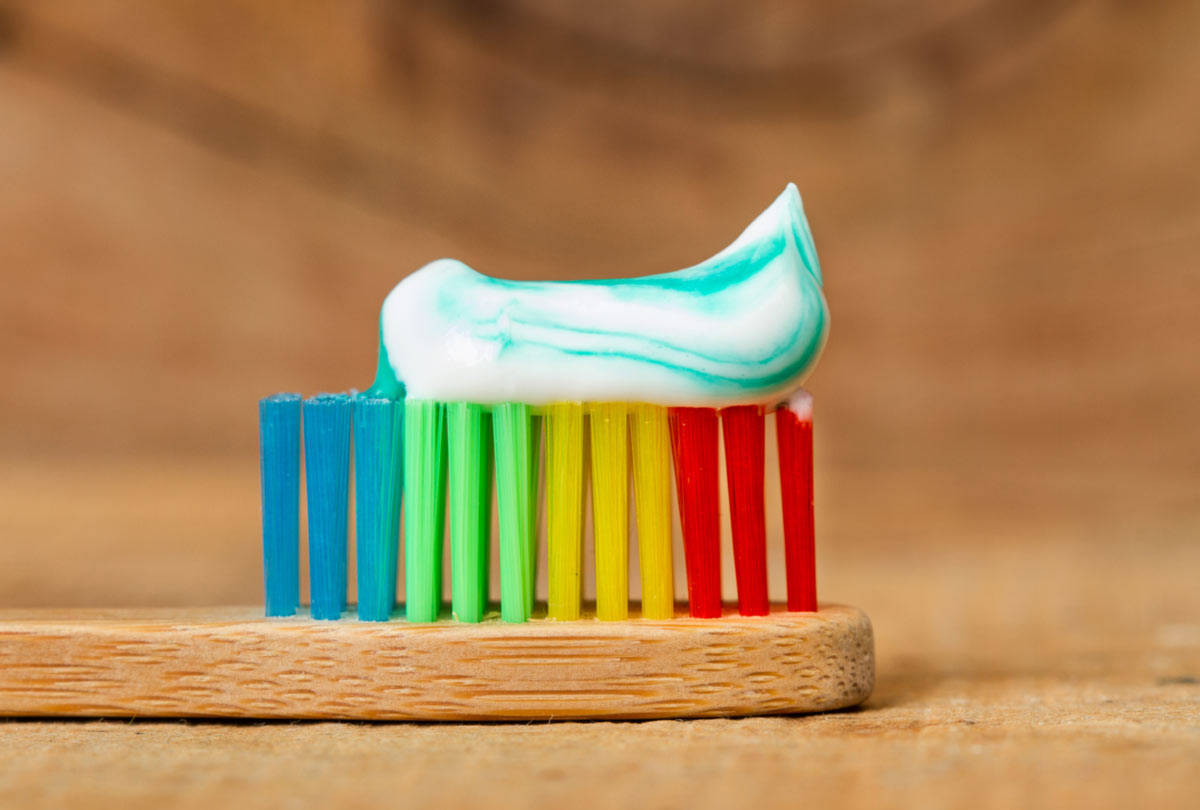Gargle, gargle! Many of us grew up on those bright-colored, heavy-on-the-alcohol mouthwashes that would sting and burn our gums. That meant it was working, right? Actually, what we know now is that alcohol effects on oral health are nothing to smile about. Keep reading to learn why it’s smart to abstain from “the hard stuff” in your home dental routine, plus get the scoop on the best alcohol-free mouthwash for gum disease and receding gums.
Why Dentists Recommend Alcohol-Free Mouthwash
Can alcohol affect your gums? 100%! That’s why everyday swishers and those with gum disease and receding gums are following dentist orders and tossing out (er, recycling responsibly) their alcohol mouthwashes in favor of alcohol-free mouthrinses. Here are some key benefits in making the switch:
- Fresh breath (for real). In a dramatic swish of irony, alcohol in mouthwash actually makes bad breath worse. That’s because alcohol is a drying agent. When the mouth is dry (not enough saliva), that’s when the bacteria that cause bad breath can multiply quickly and “reek” havoc in your mouth.
- No more unpleasant burn. OK, so it may not be up there with stubbing your toe or biting your tongue, but swishing with an alcohol mouthwash is definitely not fun. We should look forward to our dental routine, not dread it because of the burn.
- Protect your tooth restorations. If you have fillings, crowns, or tooth bonding, you can better protect your investment by using alcohol-free mouthwash. A 2020 OTC mouthwash study revealed that resins immersed in alcohol mouthrinse were more susceptible to damage, such as loss of hardness, gloss and color.
- Guard against tissue sloughing/mouth sores. One of the more disturbing alcohol effects on oral health is tissue sloughing, where skin peels away from the inside cheeks and lips. Not only does this feel unpleasant, but it can also lead to mouth sores. And, if you’re already prone to canker sores, alcohol-based mouthwashes can make them worse and slow down the healing process.
- Alcohol can damage your gums. Alcohol and gum health just do not mix. Because of its drying effect, alcohol encourages harmful bacteria to flourish in the mouth, which can promote decay and eventual periodontal disease if the decay goes unabated.
What Are My Options for Alcohol-Free Mouthwash?
Alcohol-free mouthrinses are a great way to support your overall oral health and give you protection against bad breath. But that doesn’t mean they’re all formulated the same. In your quest for the best alcohol-free mouthwash for gums, it’s important to understand your options …
- Chlorine dioxide (Oxygene®) mouthwash: Don’t let the word “chlorine” scare you … chlorine dioxide is not the same thing as bleach! This safe, proven ingredient is actually used to purify and disinfect public drinking water. In mouthrinse, it’s used to control harmful bacteria that lead to gum disease and bad breath. It's been the star of our super-effective dental products for over 40 years, living under the patent name Oxygene®!
- Essential oil mouthwash: Because of their ability to help hydrate, inhibit plaque, and provide antioxidant powers, essential oils bring a lot to the table in dentistry. And there are many different taste combinations to choose from, whether it’s citrus, cinnamon or mint. Keep in mind, if you want just a hint of mint, choose a mouthwash with spearmint leaf oil. For a mintier swish, roll with peppermint.
- Oil-pulling rinses: Oil pulling – huh? It’s an odd name, but many people swear by this ancient practice to remove toxins from the mouth and enhance their oral health. However, if you go the oil pulling route, you’ll typically need to swish for at least 3 minutes versus 60 seconds like with a typical mouthwash. You’ll also want to be mindful of the oils in the formula. Allergies to sesame oil are on the rise in the U.S. (1.5 million), and most often develop in childhood.
- Chlorhexidine (CHX): Because alcohol is bad for periodontal disease, oftentimes patients are prescribed a mouthwash with chlorhexidine, an antiseptic that helps heal the gums and reduce harmful bacteria. But swish with caution! The problem with chlorhexidine is it cannot be used long-term because it causes brown stains on the teeth. It also tastes pretty blech. As much as we all want healthier gums, we don’t want it at the cost of stained teeth.
What Is the Best Mouthwash for Receding Gums … That’s Alcohol Free?
If you have receding gums, chances are you have teeth sensitivity too. Sensitivity occurs because, as the gum tissue pulls back, it can reveal the root of the tooth. Receding gums can also cause bacteria to build up in the gaps between the tooth and the gum line, making you more susceptible to gum disease.
We recommend Oxyfresh Cavity Protection Mouthwash as the best mouthwash for receding gums. Alcohol-free, it’s formulated with non-staining neutral sodium fluoride, a must for sensitive teeth because it helps remineralize and soothe enamel while protecting from decay. In addition to fluoride, this alcohol-free rinse also contains:
-
- Oxygene® (Oxyfresh’s proprietary blend of chlorine dioxide) that fights plaque and neutralizes bacteria that cause bad breath
- Xylitol, a natural sweetener shown to inhibit plaque
- Natural peppermint essential oil to help hydrate and cool gum tissue

What Is the Best Alcohol-free Mouthwash for Gum Disease?
If you want a great fluoride-free option for your non-alcohol mouthwash that’s proven for better gum health, go with Oxyfresh Fresh Breath Lemon Mint Mouthwash.
In a 12-month, double-blind periodontal study of 50 patients, it was clinically proven more effective at reducing plaque, reducing bleeding gums, and neutralizing bad breath versus a leading store brand with alcohol.
And, unlike chlorhexidine (CHX), Fresh Breath Lemon Mint Mouthwash can be used long term, it tastes amazing with citrus and mint essential oils, and it’s dye-free so it won’t stain your teeth.
There you have it! Now that you know the best alcohol-free mouthwash for gum disease, and the best mouthwash for receding gums, alcohol free of course, it’s time to get swishing! But remember … mouthwash should complement your dental routine, and not take the place of good brushing and flossing habits.
You got this!








